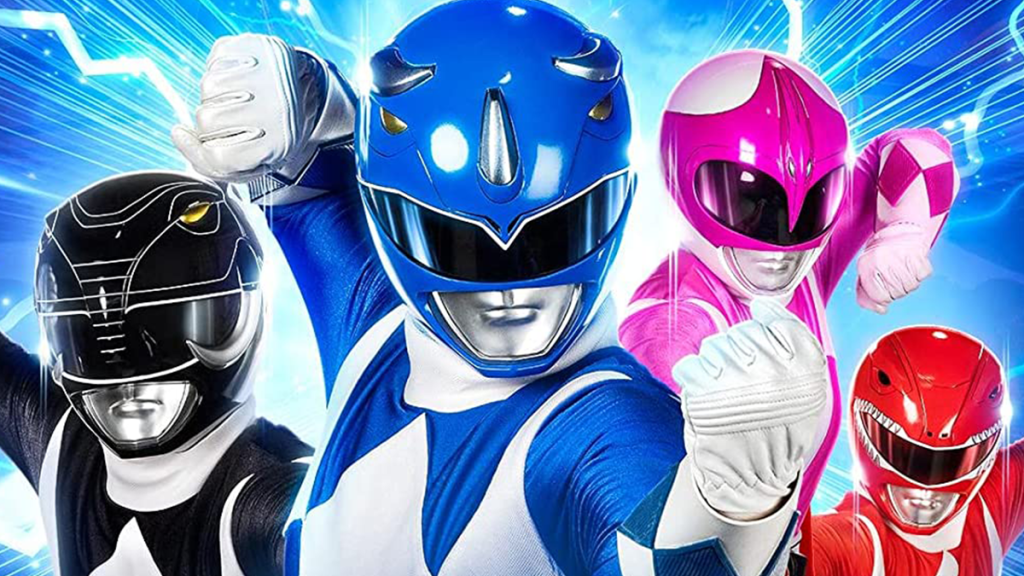ComingSoon Senior Editor Spencer Legacy spoke with Mighty Morphin’ Power Rangers: Once & Always composer Ron Wasserman about his work on the new special and his many iconic pieces. The new special is now available for streaming on Netflix.

Another test









